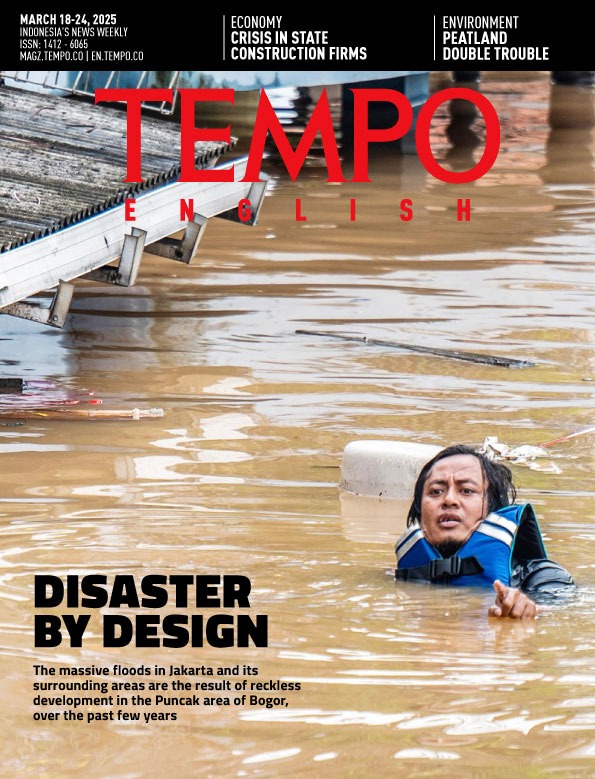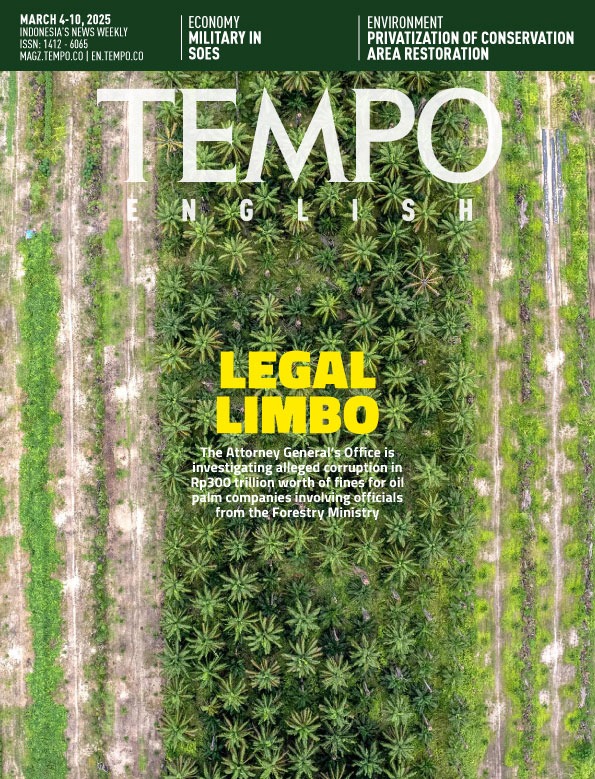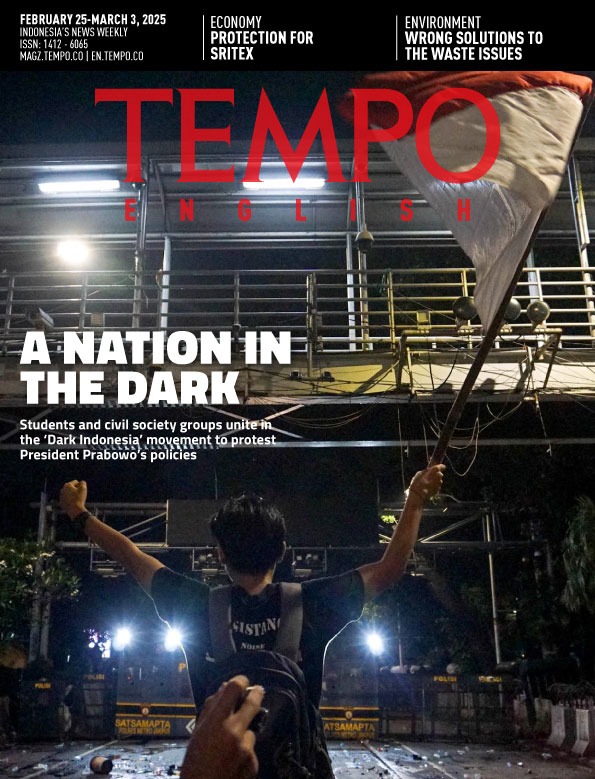January 31, 2017 edition
More Articles
Diplomatic Bag
Myanmar to Observe Indonesian Democracy and Pluralism
Cover Story
Corruption Eradiation Commission (KPK) deputy chairman Laode Muhammad Syarif said that the the bribery case involving Patrialis was different from previous ones. The KPK's task force did not confiscate cash as evidence. They were only able to seize a voucher exchangeable for foreign currency, a draft of a material review court verdict, and a recording of a conversation. "This is an irregularity," said Syarif, when Tempo interviewed him at his office last week.
What did Basuki ask of Patrialis?












